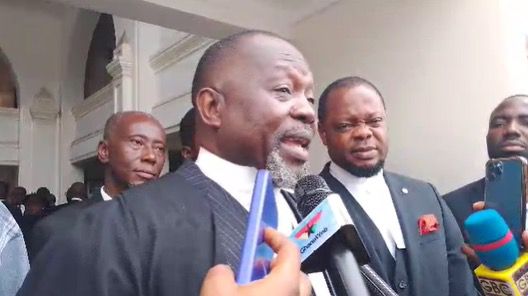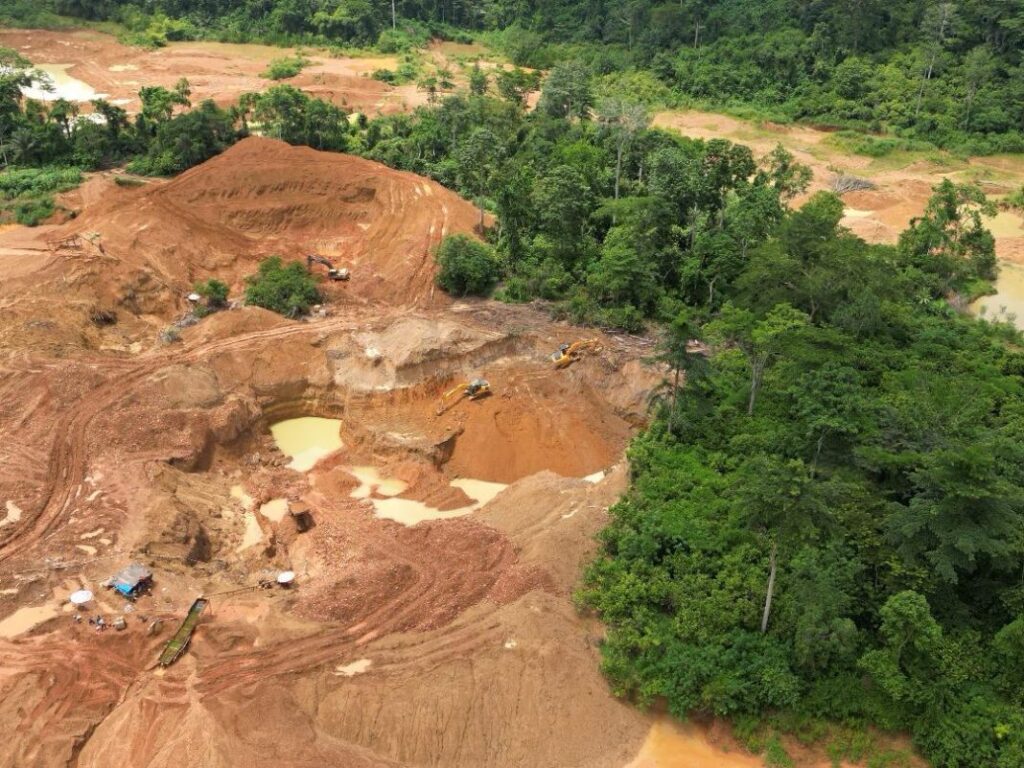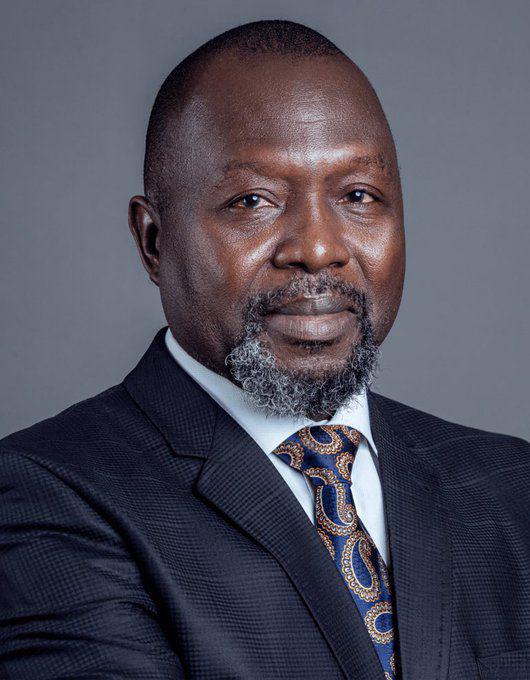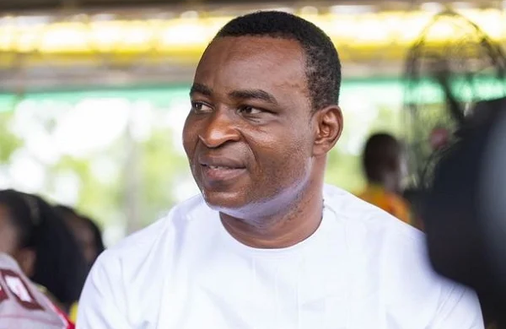The two legal proceedings involving Bernard Antwi Boasiako, popularly known as “Chairman Wontumi”, have been rescheduled: the first to *12 November 2025, and the second to *4 December 2025. The postponements follow requests by the prosecution for additional time to furnish the defence with documents, and the judge’s temporary leave in one of the matters. Wontumi currently serves as the Ashanti Regional Chairman of the New Patriotic Party (NPP).
Case 1: Samreboi Mining Allegation
The first case accuses Chairman Wontumi of permitting mining activities on his Samreboi concession in the Western Region without proper authorisation. The court adjourned the matter to 12 November 2025 to allow the prosecution to provide the defence with the necessary documents for a fair trial.
Case 2: Tano Nimiri Forest Reserve Charges
The second case relates to allegations that Wontumi authorised illegal mining, tree-felling, and the construction of unauthorised structures inside the *Tano Nimiri Forest Reserve, a protected ecological area. That hearing has been moved to *4 December 2025, as the presiding judge is currently on leave.

In a related development, the Office of the Attorney-General has withdrawn all charges against Edward Akuoko, the General Manager of Akonta Mining Company Limited, a firm linked to Wontumi. Akuoko was the fourth accused in the illegal mining case but has now agreed to serve as a prosecution witness. The withdrawal was made under Section 59 of the Criminal and Other Offences (Procedure) Act, 1960 (Act 30).
Illegal small-scale mining, locally known as galamsey, remains one of Ghana’s most pressing environmental and governance challenges. It contributes to deforestation, water pollution, and soil degradation, threatening livelihoods in mining-affected communities. The Wontumi case is being closely followed nationwide as a test of how firmly Ghana’s justice system can apply the law — even when powerful political figures are involved.
The outcomes of these prosecutions will send a message about Ghana’s seriousness in enforcing mining regulations, protecting forest reserves, and deterring illegal operators.

Ghana has intensified its crackdown on unlicensed mining over the past few years. In early 2025, security agencies arrested dozens of individuals during operations near Samreboi and seized excavators, firearms, and vehicles allegedly connected to illegal mining activities. Akonta Mining was among the companies cited for operating without the required permits within the Tano Nimiri Forest Reserve.
Government reports have repeatedly warned that uncontrolled mining activities have caused siltation of major rivers such as the Ankobra, Pra, and Offin, and led to the destruction of over 40,000 hectares of forest cover nationwide since 2018.
- Samreboi Concession Case — The prosecution alleges that Wontumi allowed mining operations on his concession without the necessary approval from the Ministry of Lands and Natural Resources. The company is accused of violating mining regulations and facilitating unlicensed operations.
- Tano Nimiri Forest Reserve Case — The charges include unauthorised tree-felling, illegal mining, and constructing makeshift structures within the protected reserve. Investigators claim that over 300 mature trees were felled without a permit, causing extensive ecological damage.
The accused has pleaded not guilty to all charges and maintains that his company’s operations were legitimate and conducted under valid authorisation.
The adjournments are procedural rather than indicative of a substantive delay in prosecution. In the first case, the postponement will allow the defence adequate time to review newly disclosed evidence. The second case’s delay stems from the judge’s leave, with proceedings expected to resume promptly upon return.
The Attorney-General’s decision to withdraw charges against Akuoko and secure his testimony could potentially strengthen the prosecution’s position. However, it has also sparked discussions among legal observers about plea-bargaining practices and the transparency of prosecutorial discretion in politically sensitive cases.

The postponement of these cases is being viewed as a critical moment in Ghana’s ongoing battle against galamsey. For many communities, especially in the Western and Western North regions, the environmental consequences of illegal mining have been devastating. Croplands have been destroyed, rivers polluted with mercury, and forest ecosystems severely damaged.
Civil society organisations and environmental advocates have repeatedly urged the government to ensure that all offenders — regardless of political affiliation or status — are held accountable. They argue that selective enforcement undermines public trust and weakens Ghana’s global reputation for democratic governance and rule of law.
The adjournments in the Wontumi mining cases reflect the complexities of prosecuting high-profile illegal-mining offences in Ghana. As the legal process unfolds in November and December, the public will be watching closely to see whether justice is applied equitably and whether Ghana’s anti-galamsey campaign can deliver tangible results.
The cases underscore a larger national challenge: balancing economic interests with environmental sustainability and legal integrity.
Read also: AG Withdraws Charges Against Akonta Mining Manager — Implications for Ghana’s Galamsey Fight

